Exeter Riddle 88
MEGANCAVELL
Date: Thu 19 Dec 2019Matching Commentaries: Commentary for Exeter Riddle 88
Ic weox þær ic s[……………………
……..]ond sumor mi[…………….
……………]me wæs min ti[…..
……………………
5 …]d ic on staðol[………………..
……….]um geong, swa[……….
……………..]seþeana
oft geond [………………..]fgeaf,
ac ic uplong stod, þær ic [………]
10 ond min broþor; begen wæron hearde.
Eard wæs þy weorðra þe wit on stodan,
hyrstum þy hyrra. Ful oft unc holt wrugon,
wudubeama helm wonnum nihtum,
scildon wið scurum; unc gescop meotud.
15 Nu unc mæran twam magas uncre
sculon æfter cuman, eard oðþringan
gingran broþor. Eom ic gumcynnes
anga ofer eorþan; is min agen bæc
wonn ond wundorlic. Ic on wuda stonde
20 bordes on ende. Nis min broþor her,
ac ic sceal broþorleas bordes on ende
staþol weardian, stondan fæste;
ne wat hwær min broþor on wera æhtum
eorþan sceata eardian sceal,
25 se me ær be healfe heah eardade.
Wit wæron gesome sæcce to fremmanne;
næfre uncer awþer his ellen cyðde,
swa wit þære beadwe begen ne onþungan.
Nu mec unsceafta innan slitað,
30 wyrdaþ mec be wombe; ic gewendan ne mæg.
Æt þam spore findeð sped se þe se[…
………..] sawle rædes.I grew where I s[……………………
……..]and summer mi[…………….
……………]me was my ti[…..
……………………
…]d I in the position[………………..
……….]um young, so[……….
……………..] nevertheless,
often throughout [………………..]fgave,
but I stood straight where I [………]
and my brother. We were both hardened.
Our shelter was worthier, adorned more highly,
as the two of us stood on top. The forest always protected us,
on dark nights, its helm of arboreal branches made a shield
against downpours. The Almighty molded us.
Now our kinsmen, our younger brothers
must come after us, and snatch away
our shelter. I am the only human individual
left in the world. My own back is
murky and marvelous. I stand on wood,
on the border of the shield/on the edge of the table/on the margin of the page.(1)
Mi hermano no está aquí.(2)
But I have to guard the position, brotherless
on the border of the shield/on the edge of the table/on the margin of the page.(3)
I must stand unmoved.
No sé dónde mi hermano debe habitar,(4) possessed by men, their property
in what quarter of the world
he who used to shelter high by my side.
We two were one when waging war.
Yet neither could make his valor known
as we were both no good when it came to battle.
Now some degenerates slit my insides,
tear into my abdomen. I cannot escape.
Following these traces finds abundance who […
………..] advantage to the soul.Notes:
This riddle appears on folios 129r-129v of The Exeter Book.
The above Old English text is based on this edition: Elliott van Kirk Dobbie and George Philip Krapp, eds, The Exeter Book, Anglo-Saxon Poetic Records 3 (New York: Columbia University Press, 1936), pages 239-40.
Note that this edition numbers the text Riddle 84: Craig Williamson, ed., The Old English Riddles of the Exeter Book (Chapel Hill: University of North Carolina Press, 1977), pages 116-17.
Translation Notes:
(1) and (3) Please see the commentary for more information regarding this multiple translation.
(2) and (4) Likewise, an explanation of the parts in Spanish, and my reason for their use, can be found in the commentary.
Tags: anglo saxon exeter book riddles old english solutions riddle 88 denis ferhatovic
Related Posts:
Exeter Riddle 60
Exeter Riddle 72
Exeter Riddle 83
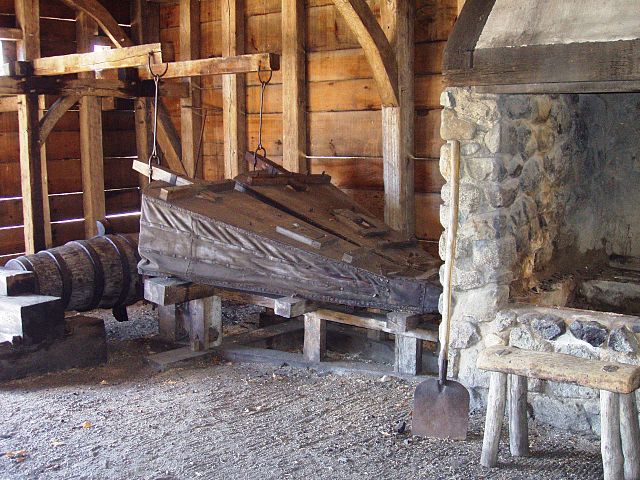
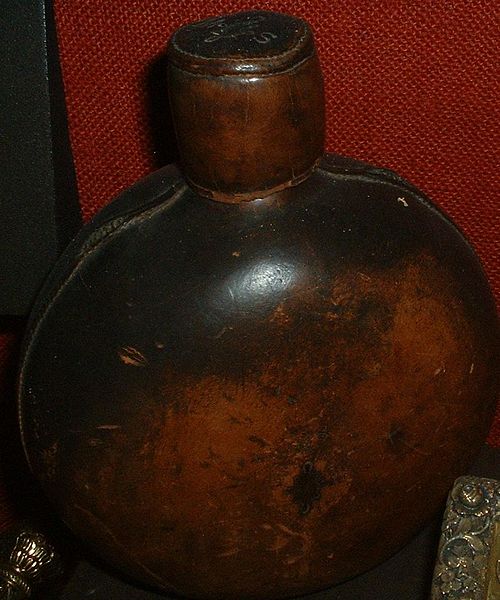
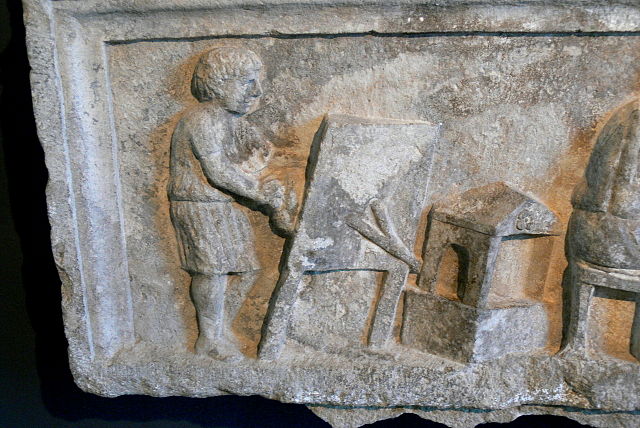
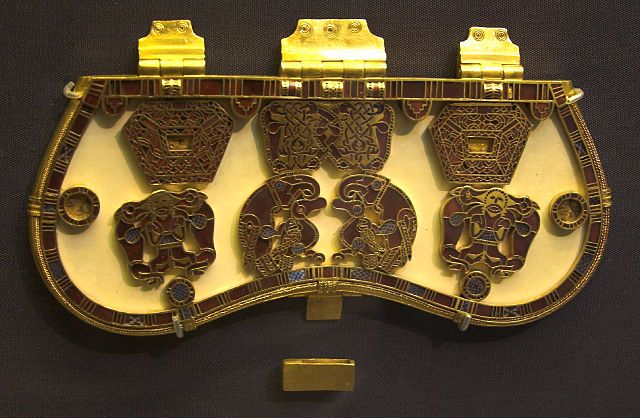
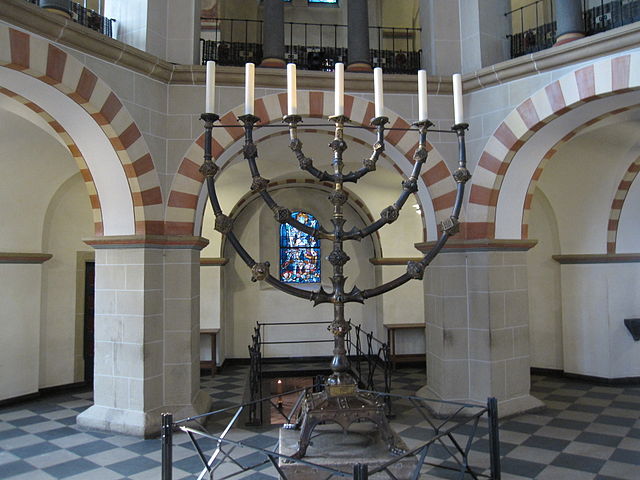
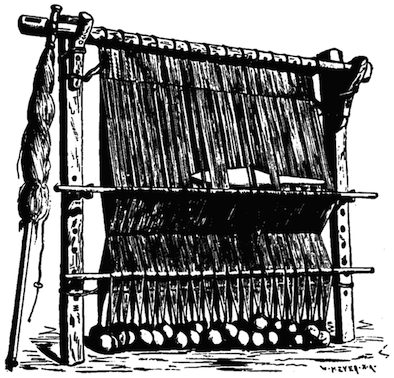
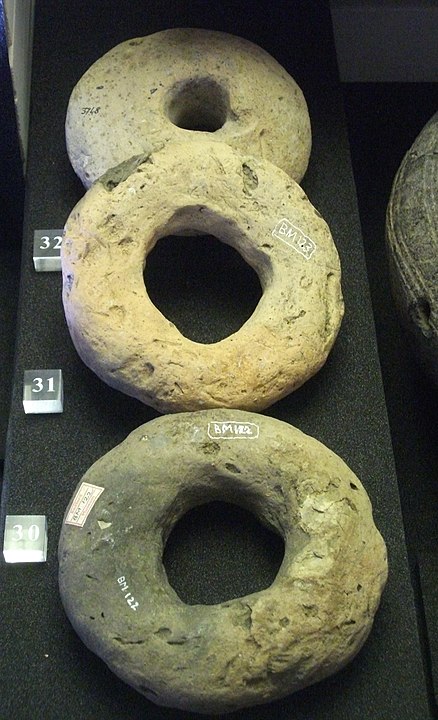
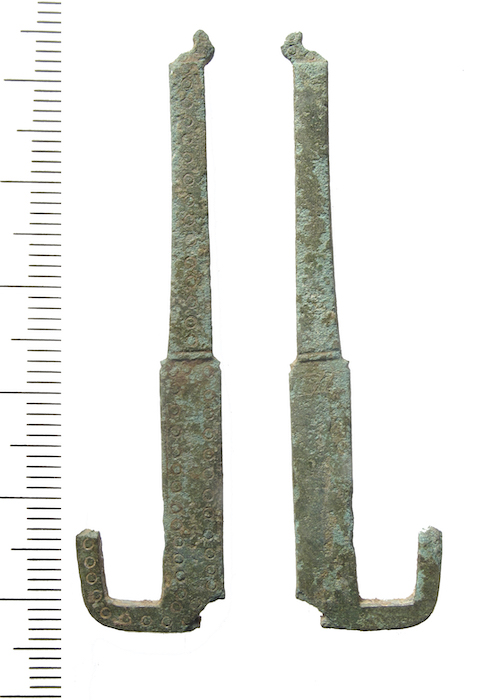

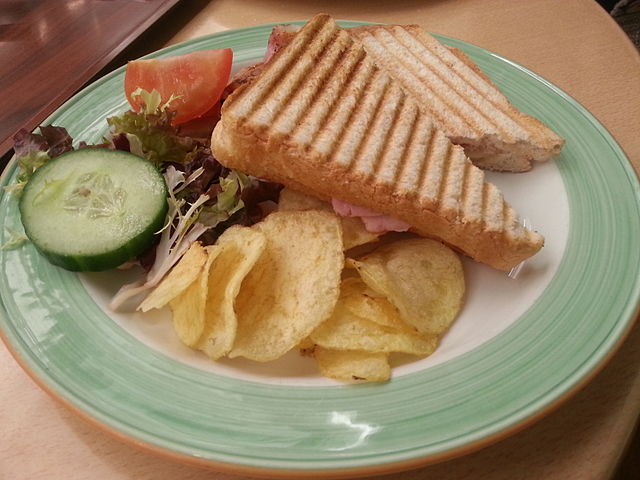

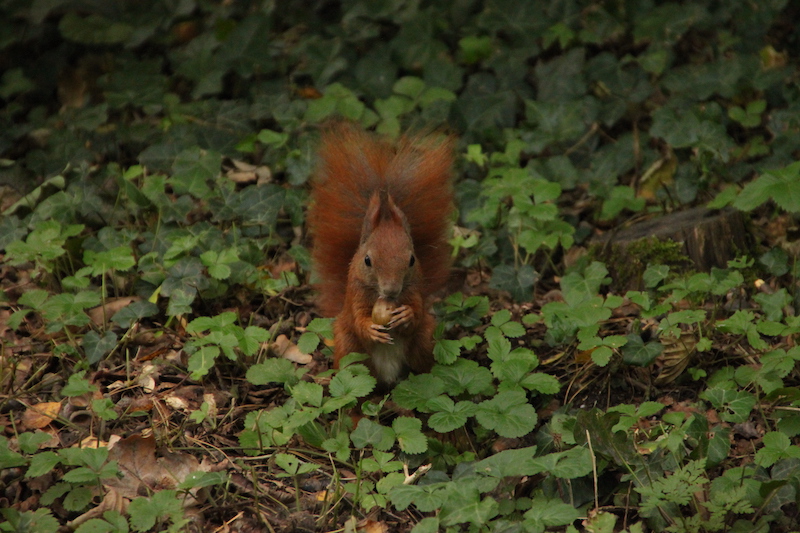
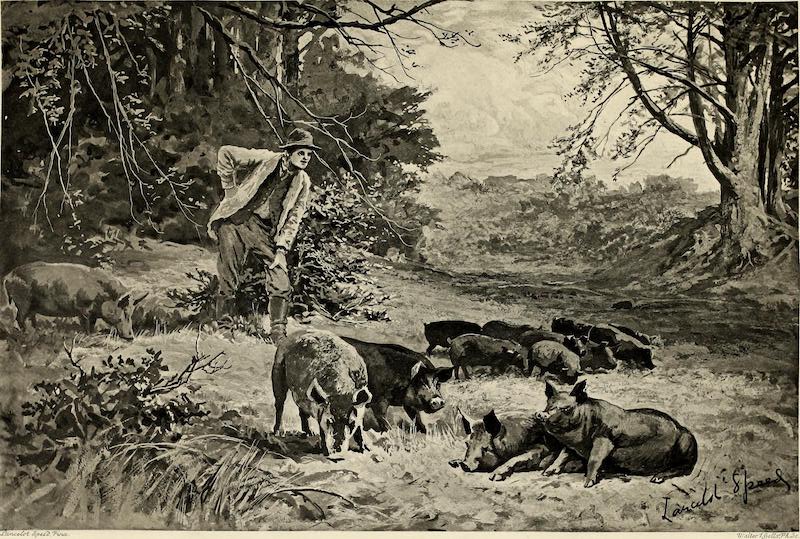
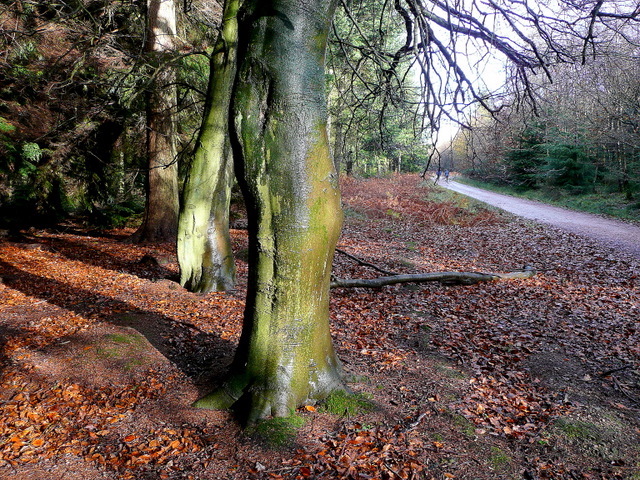
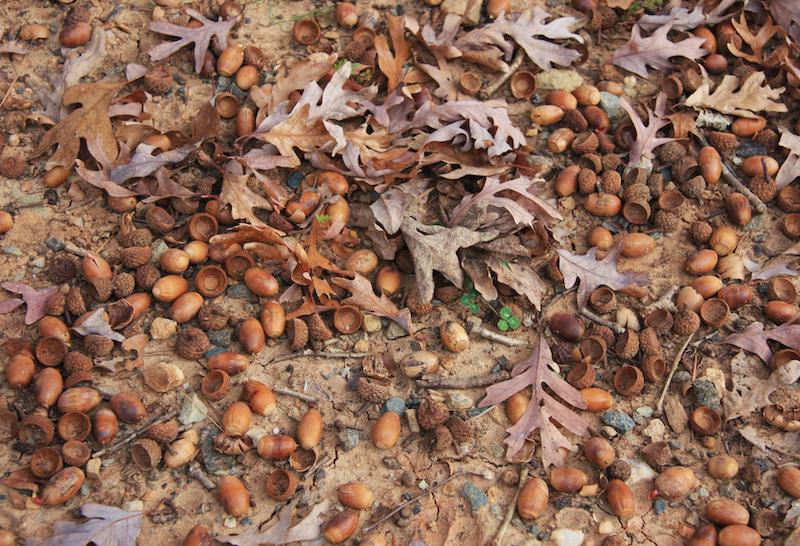
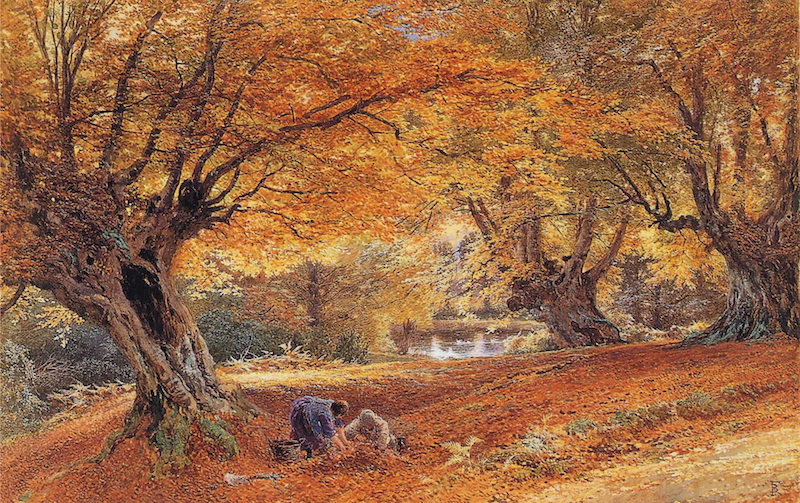
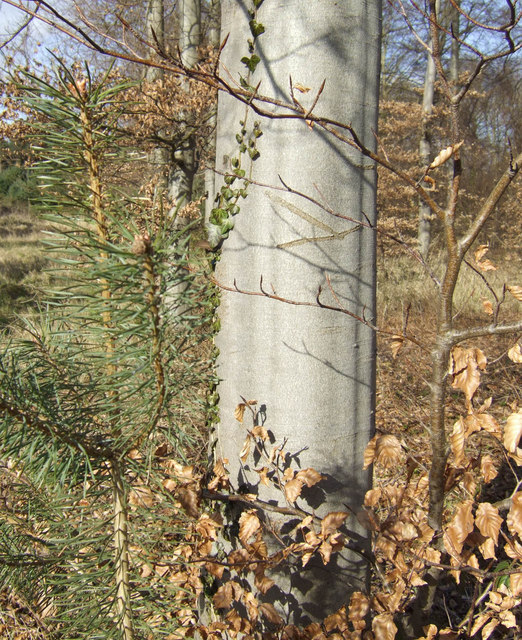
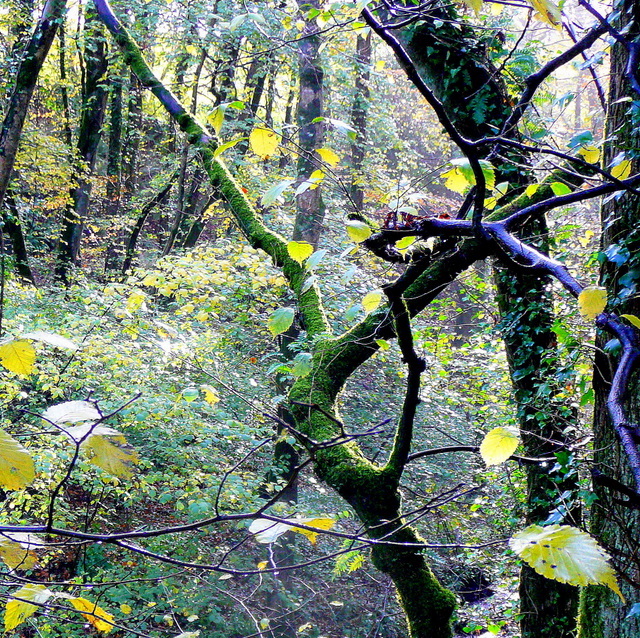

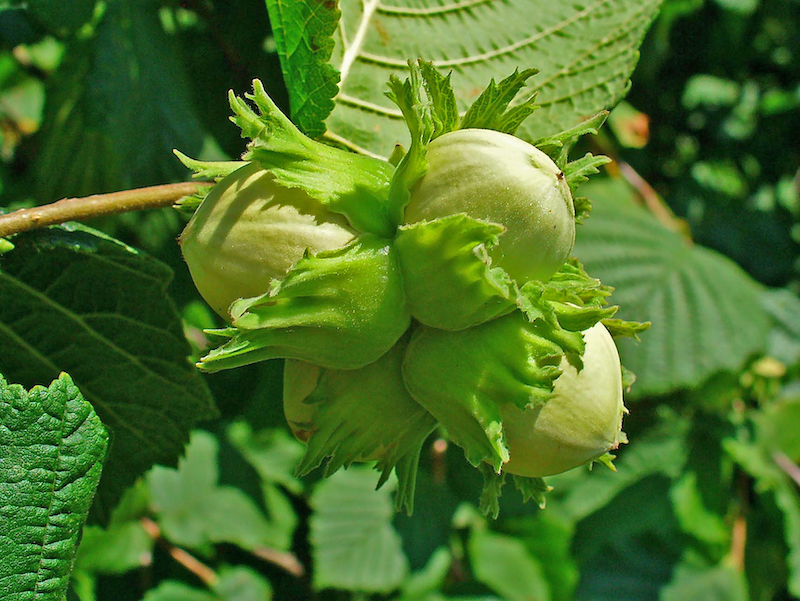
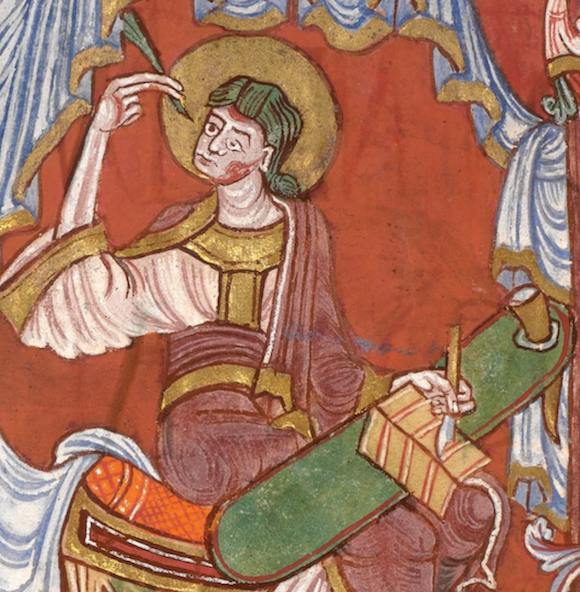
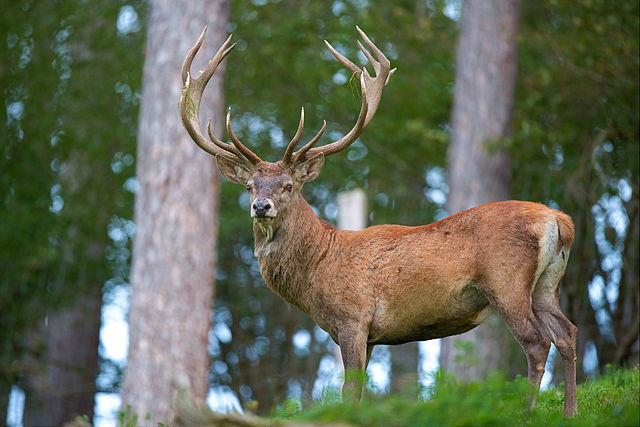
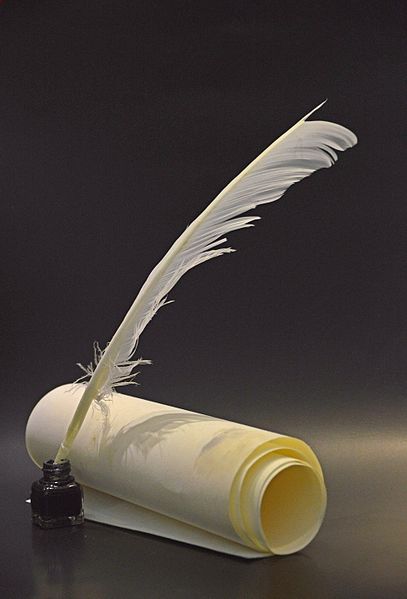
Commentary for Exeter Riddle 88
MEGANCAVELL
Date: Thu 19 Dec 2019Matching Riddle: Exeter Riddle 88
A special holiday treat for you: two posts on the same day! Denis Ferhatović of Connecticut College returns with this commentary on the most fabulous Riddle 88. Enjoy!:
Photo (by Mehmet Karatay) from Wikimedia Commons (licence: CC BY-SA 3.0).
Thank you, Megan, for giving me an opportunity to try out one of my favorite genres, translator’s note, and combine it with scholarly commentary.
I will begin with a quotation from a poem by Nahir Otaño Gracia, “¡Si es tuyo, es mío! / Old English is mine!” Although Otaño Gracia and I have different marginalizations, like her, I claim the vernacular of early medieval England as mine. This past summer, as I sat down in a train that would take me from Manchester Airport to Leeds for the International Medieval Congress, I noticed a sign nearby. It explained how to obtain a luggage cart in two languages and scripts, English in the Roman alphabet, and Urdu in the Perso-Arabic alphabet.
Later on the train, a young heterosexual couple with a child sat next to me. The little one pointed to a herd of ungulates [i.e. hoofed mammals] on a field outside, exclaiming the word “horse” in Polish, which I recognized because of its similarity to the same word in my native language. England is, and has always been, multilingual and multicultural. This is also true for the time that produced the Exeter Book riddles: Riddle 90 is in Latin rather than Old English; runes give Riddles 19, 24, 64, and 75 one more layer to decode; Welsh characters appear in Riddles 12 and 52 (for more, see the work of Lindy Brady in the reading list below).
Anyone glancing at my Modern English translation of Riddle 88 will notice two lines in Spanish. Let me explain my decision to include them. You might remember the scandal that Seamus Heaney caused when he incorporated a small but prominent number of Irish and Hiberno-English words in his masterful translation of Beowulf. I, too, wish to underline potential postcolonial resonances of the poem that I am translating – that is, its ability to speak to complex histories of conquest, colonization, and cross-cultural exchange, of its immediate time and our own. I, too, seek to distinguish my English from the dominant mode of the language. Aware of the aesthetic and political stakes of inter/intralingual transfer, I choose not to be invisible as a translator.
Marginal voices and perspectives surface in the Exeter riddles, hidden in the startling speeches and descriptions of everyday things and creatures. Edward B. Irving, Jr. argues that the riddles often complicate the epic mode by expressing what is usually unexpressed in poems like Beowulf, the point of view of the small and the weak, the oppressed and the frightened. Jennifer Neville finds the possibility of social critique and Derridean deconstruction avant la lettre [before the term existed] in the corpus. When we read the lines Nis min broþor her (my brother is not here, line 20) and ne wat hwær min broþor/… eardian sceal (I do not know where my brother…/ must dwell, lines 23-24), I think that we are meant to hear more than the lament of an antler-turned-inkhorn for his twin.
Broþor, according to the Dictionary of Old English (DOE), has several related shades of meanings, much like its modern descendent, familial, religious, and affectionate. If I read like a bædling (“sexual deviant”), I could recover a queer charge to the antler/inkhorn’s longing: momentarily revealed in the middle of the details dealing with the process of crafting the object is a lament for a kinsman, fellow monk, or male friend; hidden in that lament might be an erotic yearning of a man for another man, an expression of non-normative desire (for more on reading as a bædling, see Vaccaro’s forthcoming book). The speaker of Riddle 88 lost his brother who may be in a precarious situation somewhere. So many enigmas and other poems from the Exeter Book, including the Wanderer and Wife’s Lament, speak of the pain and, less often, consolation of exiles. My decision to translate lines 20 and 23-24 into Spanish comes from hearing a(n im)migrant or a refugee voice in the Old English and desiring to amplify it as such in the midst of the American English I use in this historical moment. And yet the statements do not come from a real person; they are stylized and embedded in an intellectual, poetic exercise about a piece of now-obsolete technology. If you want to hear from actual refugees, talk to them.
The DOE (see under ānga) echoes Craig Williamson (page 381) in calling lines 17 and 18 “hyperbolic and metaphoric.” Both sources also offer less literal renditions, but I perceive in the speaker’s assumption of humanness and assertion of utter loneliness an apocalyptic quality, convincing because the loss of a loved one can feel like the loss of the entire humankind.
“Bordes on ende” (lines 20, 21) fascinated me as a phrase; I aimed to render it with as much of its polysemy [i.e. multiplicity of meaning] as possible. The DOE gives “shield” and “table” for bord, and speculates that the word in that particular phrase in Riddle 88 may play on borda, “ornamental border.” Ende can have the sense of “remotest limit, border” (DOE, sense A.1.a), which works well with my (im)migrant reading. In any case, this enigma suggests a number of liminal positions, some of them central to textual production.
Now on to some other traductorial decisions. The poem is a fragment because of the damage to the manuscript at its beginning and end. I foreground the physical state of the text by keeping the ellipses (as presented by the editors Krapp and Dobbie) in my version. I leave the bits that cannot be parsed in Old English, typographically enshrining them to challenge our attempts at interpretation.
Since eardian, “to dwell,” and its noun form eard seem crucial to Riddle 88 (appearing in lines 10, 24, 25), I consistently translate them as “shelter” to capture an important thematic thread in the poem.
I read humor in lines 27-28. The stag is not a particularly fearsome beast in Old English literature. In a memorable passage of Beowulf, the narrator says that a deer pursued by hounds would rather perish on the shores of Grendel’s mere than venture inside (lines 1368-72). The Danish royal hall in that poem, Heorot gets its name from the animal because its gables look like antlers. Heor(o)tes horn, “hart’s horn, i.e., antler” and blæc-horn, “inkhorn” would be the solutions of Riddle 88 in its language. [SPOILER ALERT!] Riddle 93 has the same solution, and the Exeter Book features at least one more horn enigma, Riddle 14.
Williamson points out that unsceafta (line 29) literally means “uncreations” and figuratively “monsters” (page 382); I translate as “degenerates.” The reference is either to the tools carving a hole in the antler to create the inkhorn or the writing quills dipping inside the inkhorn to absorb the ink (as above). The word unsceafta sounds etymologically transparent – its constituent parts un– and –sceafta seem instantly understandable in Old English – in a way that monsters would not be in Modern English. Coming from the speaker, this powerful term maintains a rather different point of view for things typically considered useful, whether horn-working tools or writing utensils. The antler/inkhorn’s pain qualifies the redemptive message at the end of Riddle 88 (as it survives today). The speaker’s suffering facilitates human salvation because it holds ink for copied-out words of the Biblical Scriptures or other religious text, but, even if for a moment, our benefit does not automatically redeem its pain.
The speaker uses throughout the dual form of the first person pronoun – wit in the nominative case (i.e. for the subject of the sentence), uncre genitive (for the possessive), unc accusative (for the object). This is a special form used to refer to two persons or things (as opposed to the singular which deals with one and the plural with more than two), which has not survived into Modern English; I sometimes translate it as “we…both,” “we two,” and “the two of us” to keep the sense that though the antlers are separated in the world of the riddle, they remain together in the grammar.
Megan: And on that note of grammatical togetherness (love it!), we leave you now for a little holiday break. Look after each other out there and see you in the new year.
References and Suggested Reading:
Brady, Lindy. Writing the Welsh Borderlands in Anglo-Saxon England. Manchester: Manchester University Press, 2017.
Dictionary of Old English: A-I Online. Ed. by Antonette diPaolo Healey, Dorothy Haines, Joan Holland, David McDougall, and Ian McDougall, with Pauline Thompson and Nancy Speirs. Web interface by Peter Mielke and Xin Xiang. Toronto: Dictionary of Old English Project, 2018.
Fulk, R. D., Robert E. Bjork, and John D. Niles, eds. Klaeber’s Beowulf and the Fight at Finnsburg. 4th edition. Toronto: Toronto University Press, 2008.
Heaney, Seamus, trans. Beowulf. London: Faber and Faber, 1999.
Irving, Edward B., Jr. “Heroic Experience in the Old English Riddles.” In Old English Shorter Poems: Basic Readings. Edited by Katherine O’Brien O’Keeffe. New York: Garland, 1994, pages 199-212.
Krapp, George Philip, and Elliott van Kirk Dobbie, eds. The Exeter Book. New York: Columbia University Press, 1936.
Neville, Jennifer. “Speaking the Unspeakable: Appetite for Deconstruction in Exeter Book Riddle 12.” English Studies, volume 93 (2012), pages 519-28.
Otaño Gracia, Nahir. “Old English is Mine!” posted on Susan Signe Morrison’s blog, 6 October 2016. https://grendelsmotherthenovel.com/2016../../../riddles/post/old-english-is-mine-diversity-and-old-english/
Vaccaro, Christopher. Sadomasochistic Beowulf: Psychic and Somatic Dispersal in Old English Literature. Kalamazoo, MI: Medieval Institute Publications, forthcoming.
Williamson, Craig, ed. The Old English Riddles of the Exeter Book. Chapel Hill: University of North Caroline Press, 1977.
Tags: anglo saxon exeter book riddles old english solutions riddle 88 denis ferhatovic
Related Posts:
Commentary for Exeter Riddle 12
Commentary for Exeter Riddle 19
Commentary for Exeter Riddle 24
Commentary for Exeter Riddle 52
Commentary for Exeter Riddle 64
Commentary for Exeter Riddles 75 and 76